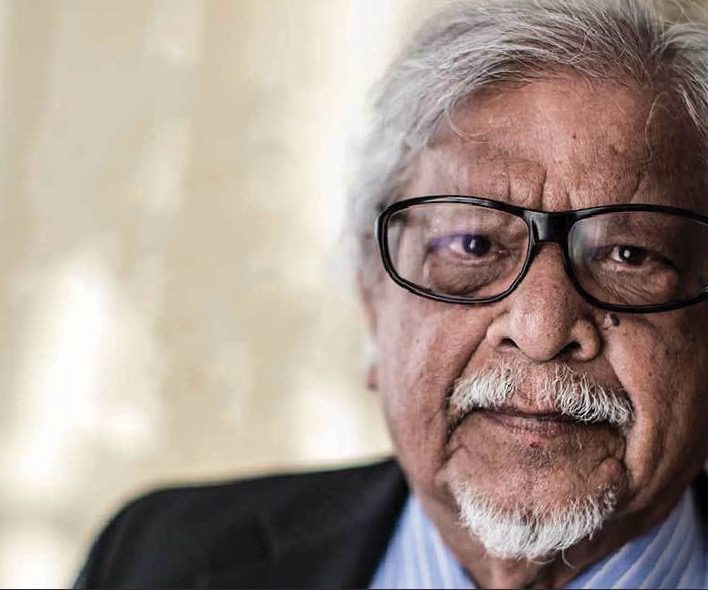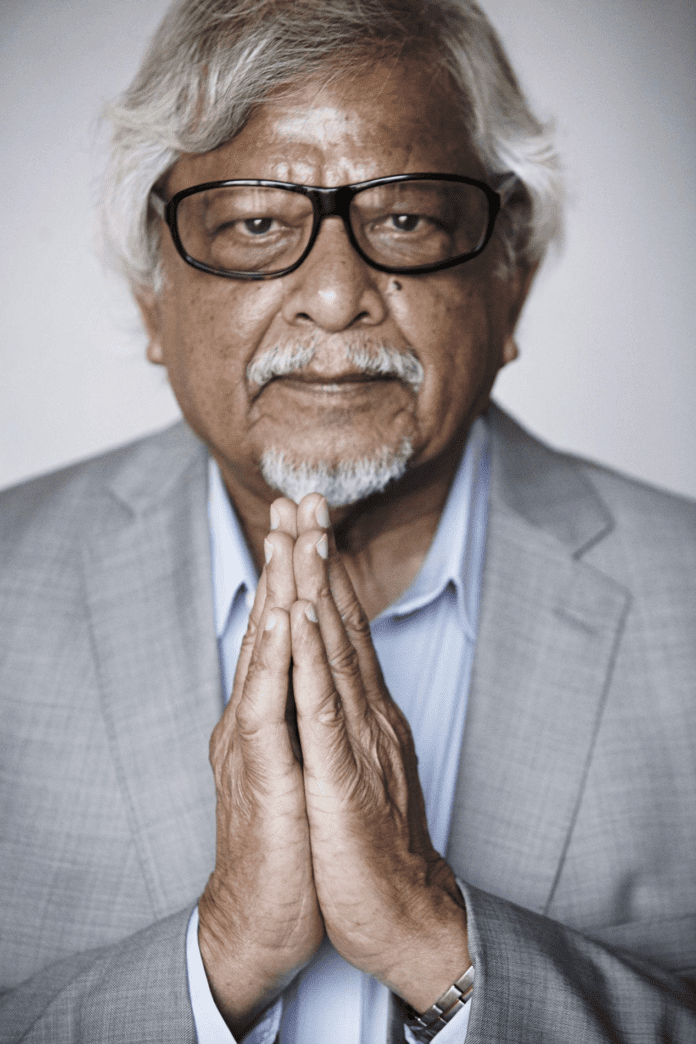Benjamin L. Hooks Central Library will be the setting for a provocative discussion on promoting nonviolence and civility on Thursday, Sept. 15.
The grandson of India’s iconic leader of nonviolent resistance, Mahatma Gandhi, is the featured speaker in two sessions, scheduled at 10 a.m. and 2 p.m., which are free and open to the public.
Arun Gandhi, founder of the M.K. Gandhi Institute in Rochester, New York, will share effective principles in dialing back gun violence and other aggressions, according to the prominent activist.
In a telephone interview Tuesday (Sept. 13), Gandhi said, “Peace is not the absence of war. ‘It is a virtue, a state of mind, a disposition for benevolence, confidence, justice,’ Spinoza, the philosopher said centuries ago.
“Nonviolence is shaped by principles that guide our action while we work for change. Our challenge is how do we begin to effectively implement those principles.”
Gandhi’s appearance comes after Memphis experiences one of the deadliest periods of 2022 with the kidnapping and murder of Eliza Fletcher, the slaying of Rev. Autura Eason-Williams during a carjacking, the random deadly shooting rampage that left three dead and three wounded, and scores of other homicides and shootings in Memphis this year.

Gandhi said both activists and ordinary citizens who want to see Memphis take on a new direction in reducing the level of violence and lawlessness are invited to attend.
Community leaders and groups come to the institute for workshops and other activities on how to achieve and sustain nonviolence in their communities.
Gandhi also travels to communities across the United States that are struggling daily to contain multiple forms of violence.
Thursday marks a return to Memphis by Gandhi. He started the institute on the campus of Christian Brothers University in 1991. The Institute was moved to Rochester in 2007.
Gandhi is a highly respected elder and thought leader in the peace movement.
“The reason that America continues to grow more and more violent is because there is a culture of violence,” Gandhi said. “The more materialistic we grow, more violence is necessary to preserve that lifestyle.
“Every aspect of our lives is violent — sports, relationships, religion, economics — everything involves violence and aggression.”
Gandhi continues the work started by his grandfather as a nonviolent resistance activist.
The Nobel laureate Gandhi lived in South Africa and worked as an attorney until age 45. Gandhi returned to India in 1921, taking control of the Indian National Congress in 1921. Nationwide campaigns pushed back against poverty, restricted women’s rights, and colonization by Britain.
Gandhi identified with the poor by eating simple food and going on long fasts as a means of introspection and political protest. He led marches and other forms of resistance against British colonialism.
He was imprisoned many times in both South Africa and India. Britain granted independence in 1947. He was assassinated by a militant Hindu nationalist at an interfaith prayer meeting in Delhi on Jan. 30, 1948.
The grandson said he felt the weight of being Gandhi’s grandson and the awesome responsibility to continue his work.
“When I was a boy, I told my mother how I felt the burden of my grandfather’s legacy getting heavier and heavier as time passed,” said Gandhi. “My mother told me that I must make the decision to become a light and inspiration just as my grandfather did. The burden lifted when I committed myself to continuing the work.”
Gandhi says the Institute participates in outreach and service to impoverished, underserved areas and several prison locations, where thousands of inmates are housed.
Gandhi, 89, said four pillars define what life-changing nonviolent action looks like — restorative practices, sustainability, racial justice, and nonviolent education.
Question-and-answer sessions will follow each of the scheduled talks.
The Hooks Library is located at 3030 Poplar Ave.
(More information on the Institute is available at: gandhiinstitute.org.)



